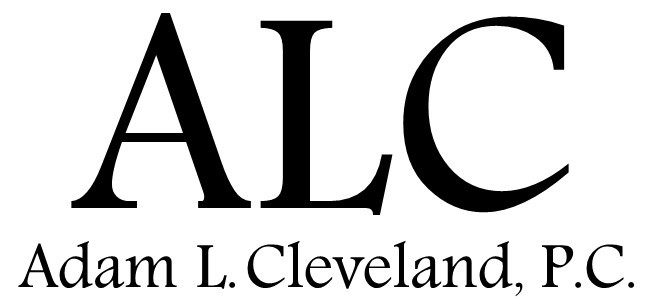The financial repercussions of a divorce can be felt for years after the event. After child custody, the division of assets is perhaps the most widely known impact of divorce. Yet many, even among those who have been through a divorce, fail to realize another equally significant element of divorce decrees: division of debt.
Couples can create debt during a marriage in addition to whatever debt each spouse brings with him or her. The origins of each debt may play a role in the court’s determination of who will bear responsibility for the debt once the marriage is dissolved, as does any mediated or negotiated settlement arrangement between the spouses; however, once a divorce order is final, it creates a new dynamic between the former spouses – one or the other may be held responsible to pay a debt, even if both spouses were co-obligors, or even if the debt was solely the other person’s.
Please take note: a typical divorce decree does not (and cannot) change the financial obligations of either spouse to any other persons or entities. Instead, it creates a right for one spouse to force the other spouse to pay the debt or be held in contempt of the divorce order. “My ex-[husband/wife] was ordered to pay this,” will not provide you any legal defense against a creditor who comes seeking to collect from you.
Rather, a divorce decree in your favor gives you a basis to force your ex-spouse to pay the creditor for you, or to reimburse you if you pay. Unlike your creditor, you personally may be entitled to seek incarceration of your ex-spouse (as one element of a contempt sanction) for violating the court’s order. You will still need to make your own settlement arrangements with your creditors, but you might consider asking that such settlements allow payments toward your balance to come from any source, not just from you.
